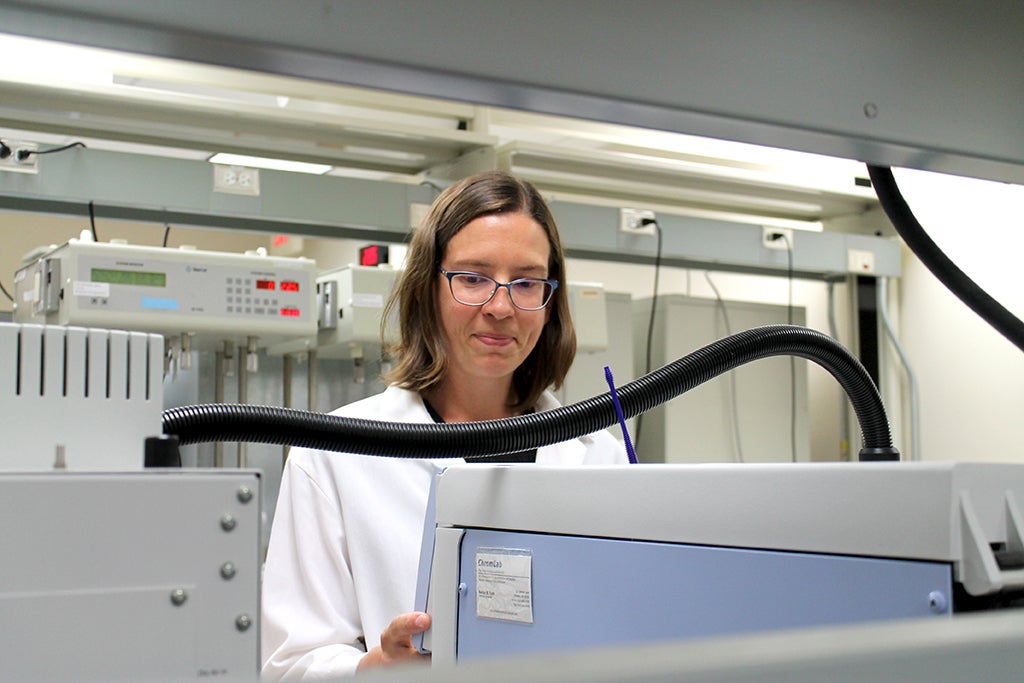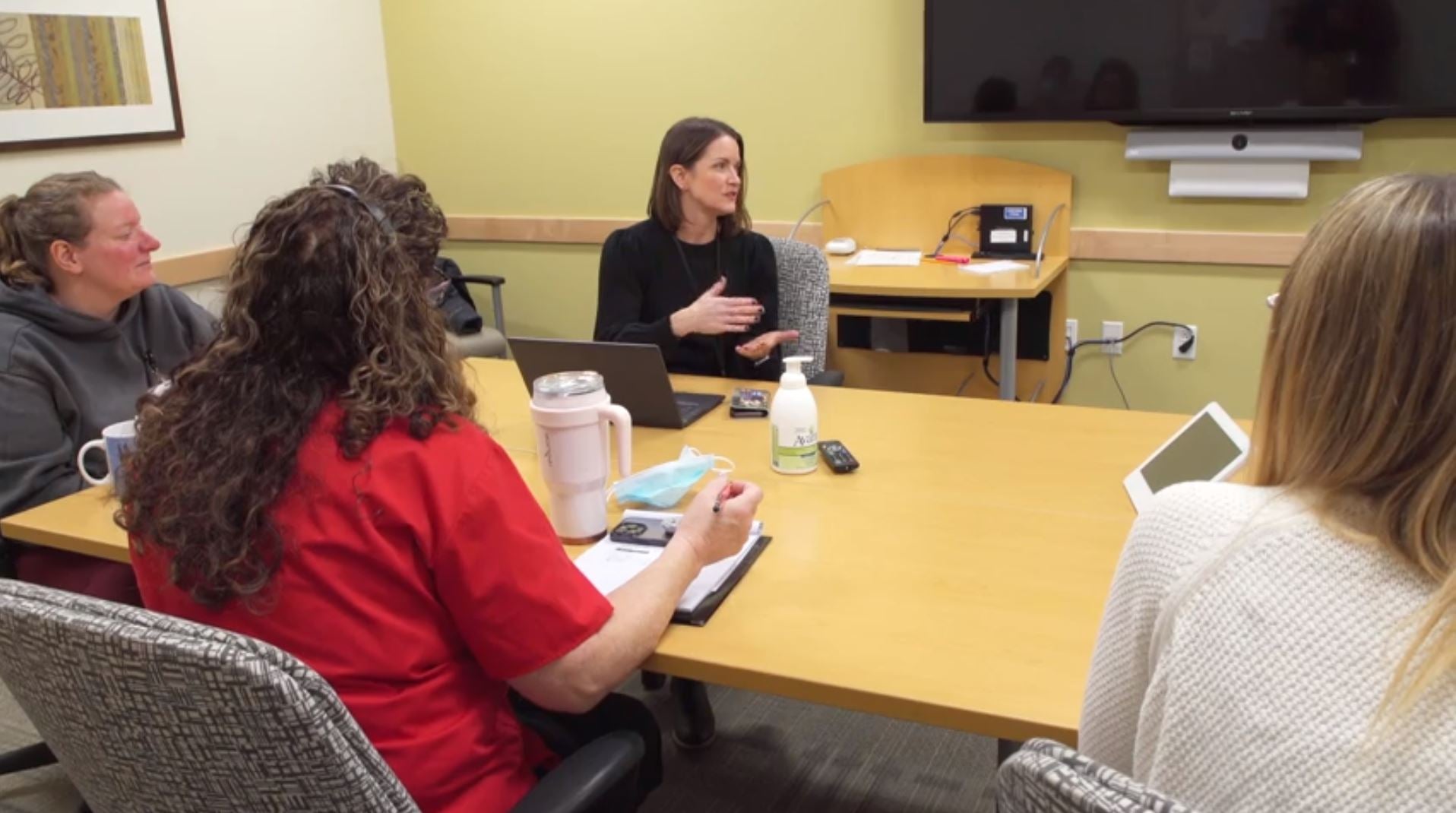A Dane County doctor is using a federal grant to educate colleagues about the appropriate use of strong painkillers in an attempt to help combat a national epidemic of death and addiction related to opioids. But an increasing push to focus on — and potentially change — how physicians practice has some pushing back.
Dr. Alaa Abd-Elsayed is medical director for pain services at the University of Wisconsin School of Medicine and Public Health. He’ll be using $87,000 in federal money to promote guidelines on opioid prescription from the Centers for Disease Control and Prevention. They include using the lowest dose, monitoring patients and suggesting alternatives like exercise or over-the-counter painkillers. Abd-Elsayed said these steps can reduce the number of pills that can be misused.
“To make sure those medications are for the appropriate patient without risking the use by other patients who might overdose on them, or give them to others or sell them,” he said.
Stay informed on the latest news
Sign up for WPR’s email newsletter.
But those recommendations don’t sit well with some doctors. Groups like the American Academy of Family Physicians says they are based on weak evidence and could harm some patients.
Abd-Elsayed acknowledged disagreement over the guidelines: “That’s why this will take time and conversation,” he said, but pointed out that the recommendations are meant to address chronic pain, like back aches or fibromyalgia. They are not intended for cancer treatment or acute, postoperative pain.
A similar debate was playing out on the national level just this week after an advisory panel to the U.S. Food and Drug Administration officially recommended mandatory training for doctors regarding painkiller prescription, something opposed by the American Medical Association.
Wisconsin Public Radio, © Copyright 2025, Board of Regents of the University of Wisconsin System and Wisconsin Educational Communications Board.







